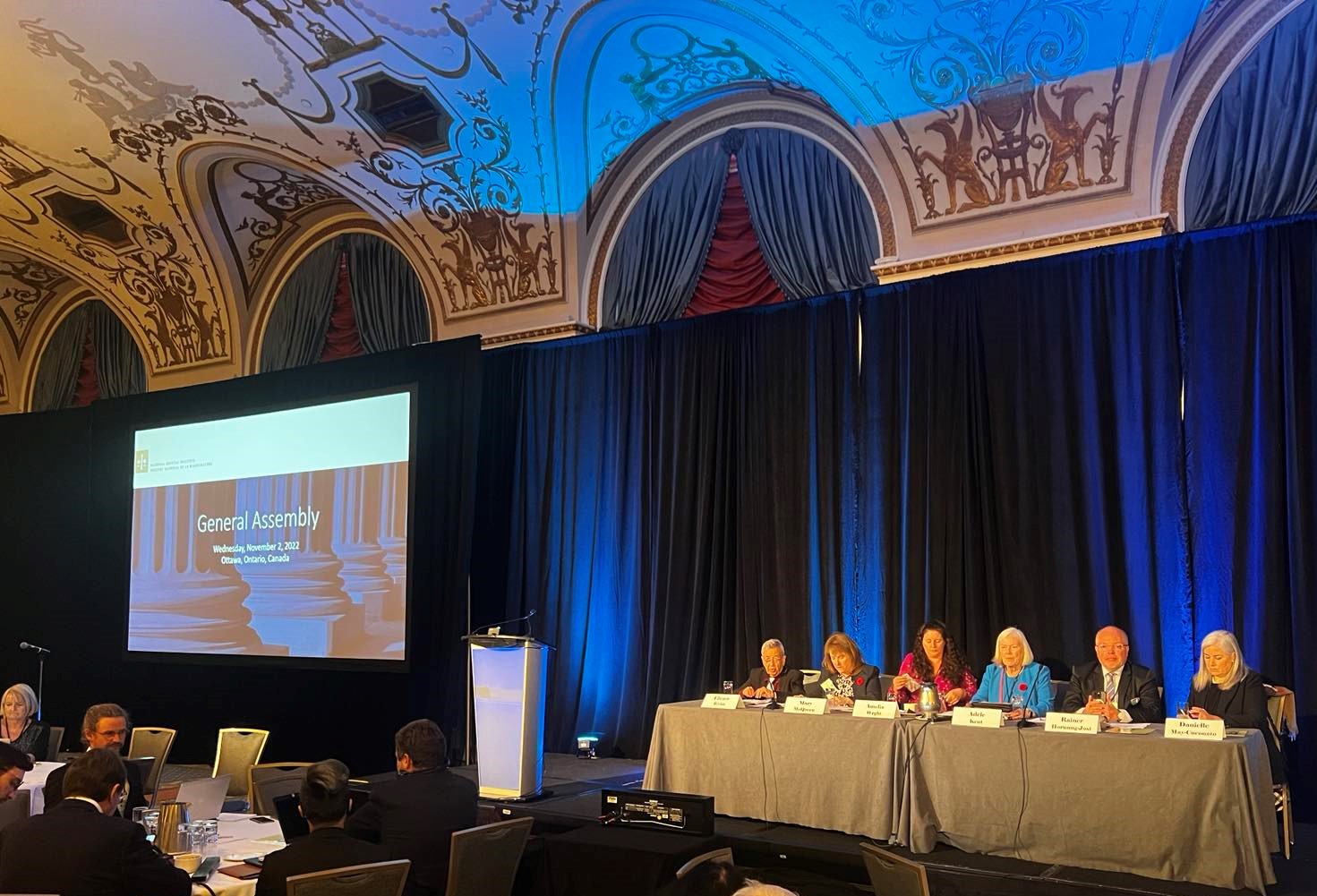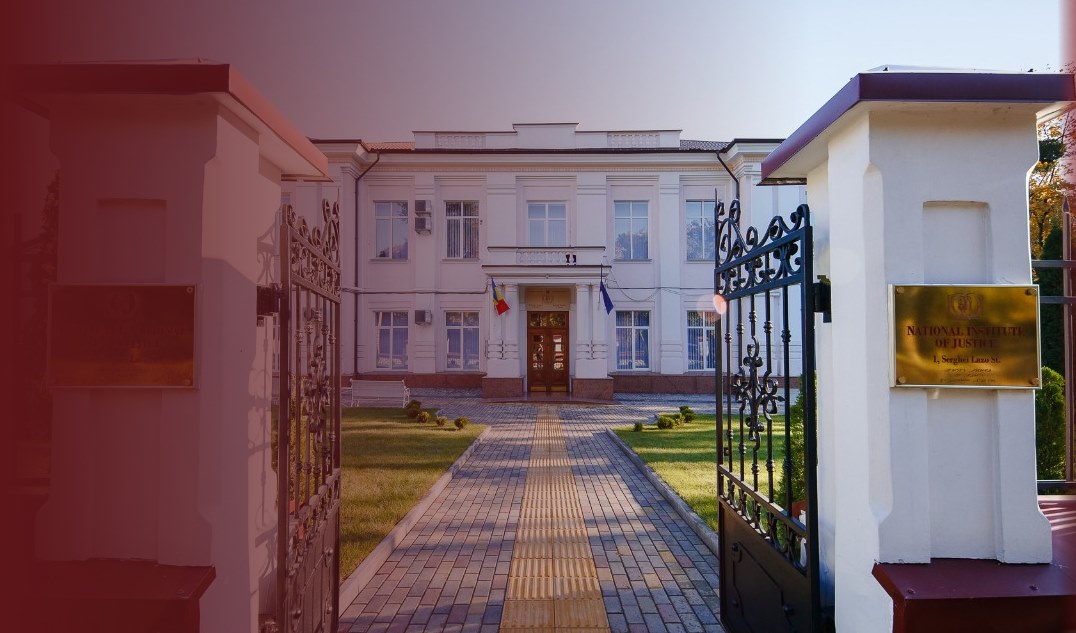
During October 30 to November 3, 2022, in Ottawa, Canada, was held the 10th edition of the International Organization for Judicial Training (IOJT) Conference entitled "Effective Judicial Education: Understanding Vulnerable Populations".
The event brought together exponents of the magistracy schools from all over the world, including the National Institute of Justice of the Republic of Moldova: Ecaterina Popa, ad interim Director, Cezara-Elena Polisca, the director’s advisor, head of the Didactics, Methodological and Training of Trainers Section, and Olga Marandici, head of the International Relations Section.
At the conference, divided into plenary sessions, presentations and workshops, were discussed the developments in the field of judicial training, focusing mainly on training that helps magistrates not only in understanding the law, but also the full context of the communities of which litigants belong. In this regard, there were targeted topics related to the design and deliver of trainings, the application of innovative teaching methodologies, the use of information technologies, the consolidation of institutions in accordance with the IOJT judicial training principles. Also, were addressed substantive legal topics, such as human trafficking, gender-based violence, cultural diversity, etc.
Also, NIJ representatives had the opportunity to visit the National Institute of Justice of Canada to get acquainted with the functioning of the institution, as well as with judicial training initiatives.
At the same time, was held the General Assembly of IOJT and were debated and adopted the new amendments to the statute of the International Judicial Training Organization. The NIJ delegation participated in the voting session of the IOJT leadership: the President, the Deputy Secretary General and the Regional Vice-Presidents for Europe, South America, Asia and the Pacific.
We mention that the National Institute of Justice of the Republic of Moldova has the status of a member of IOJT, an organization that was established to promote the rule of law, to facilitate the international exchange of information between schools of magistracy given the challenges that arise in the processes of training and education of magistrates.






